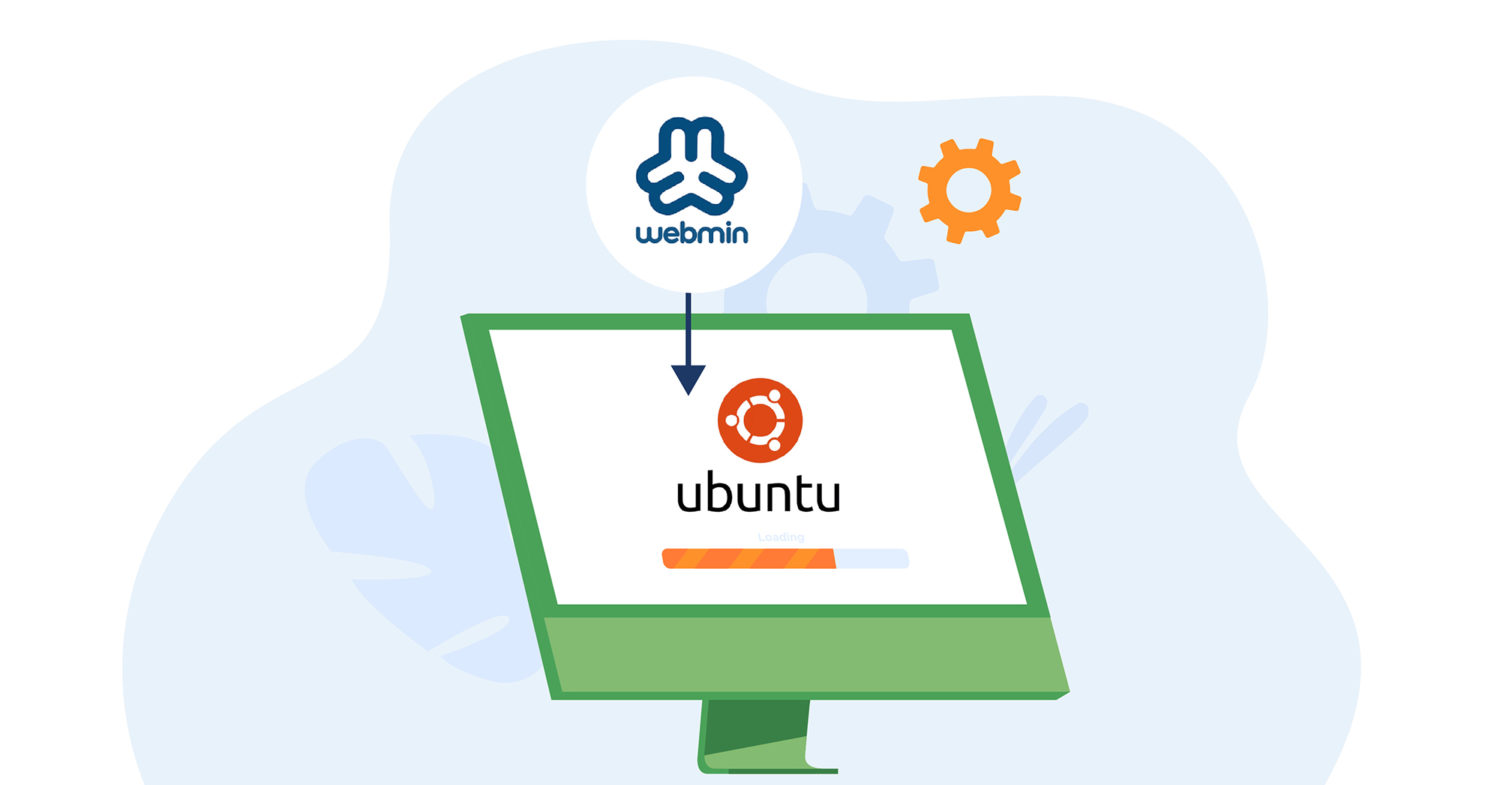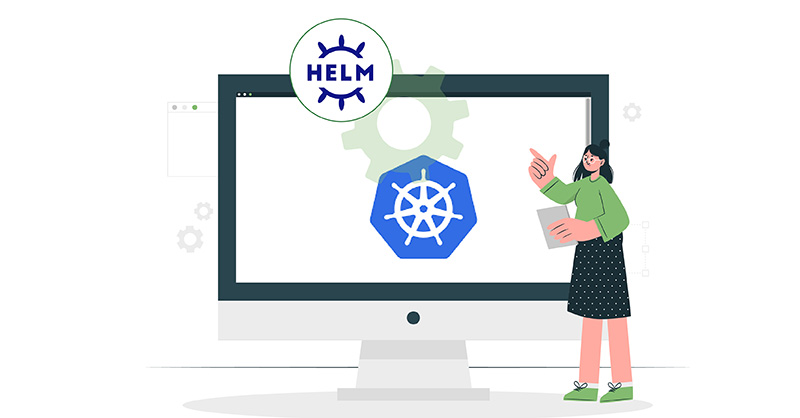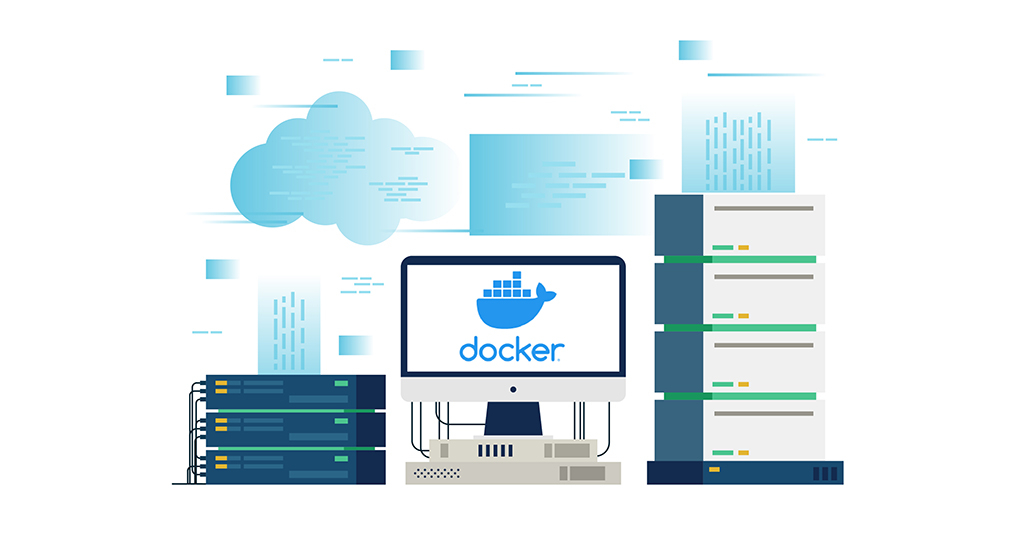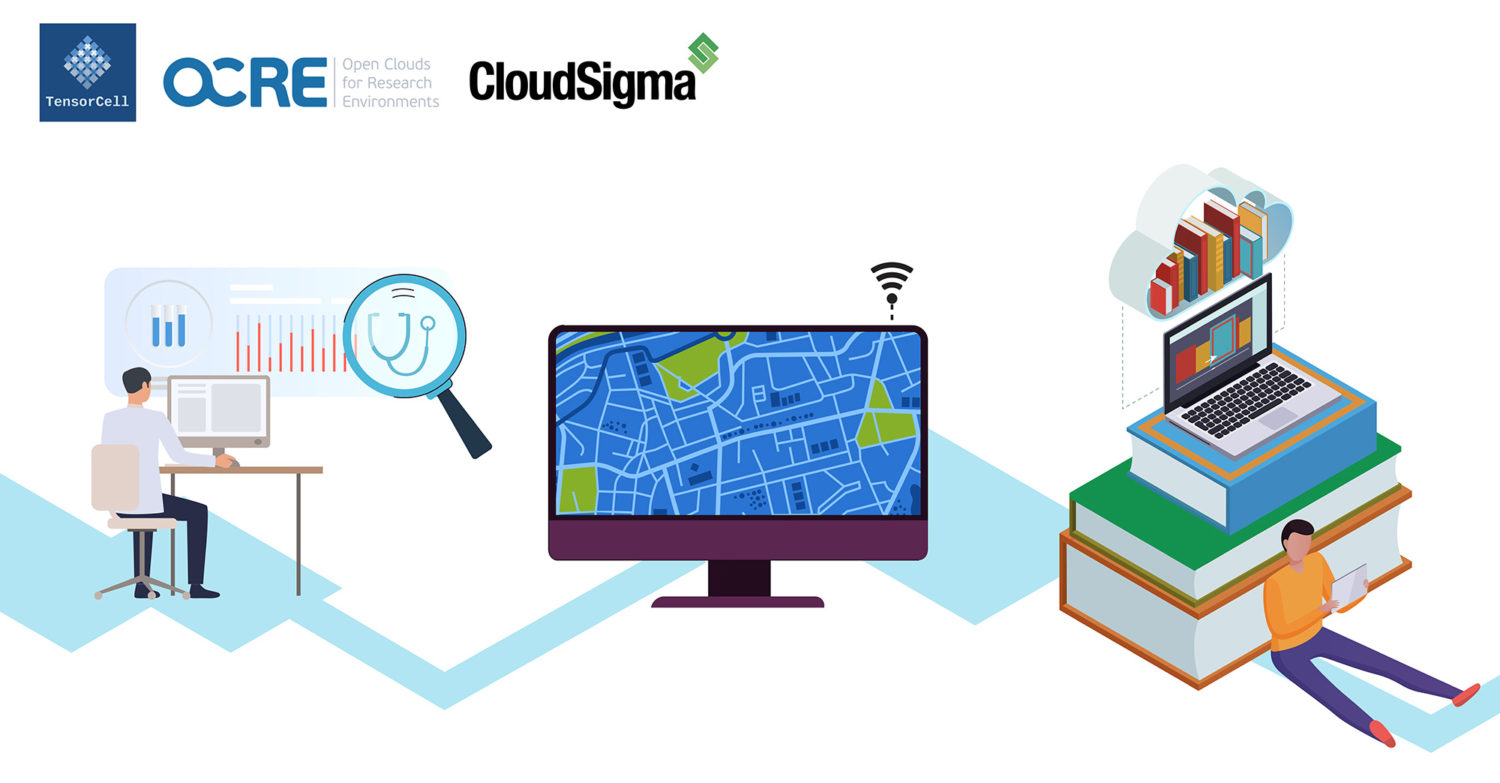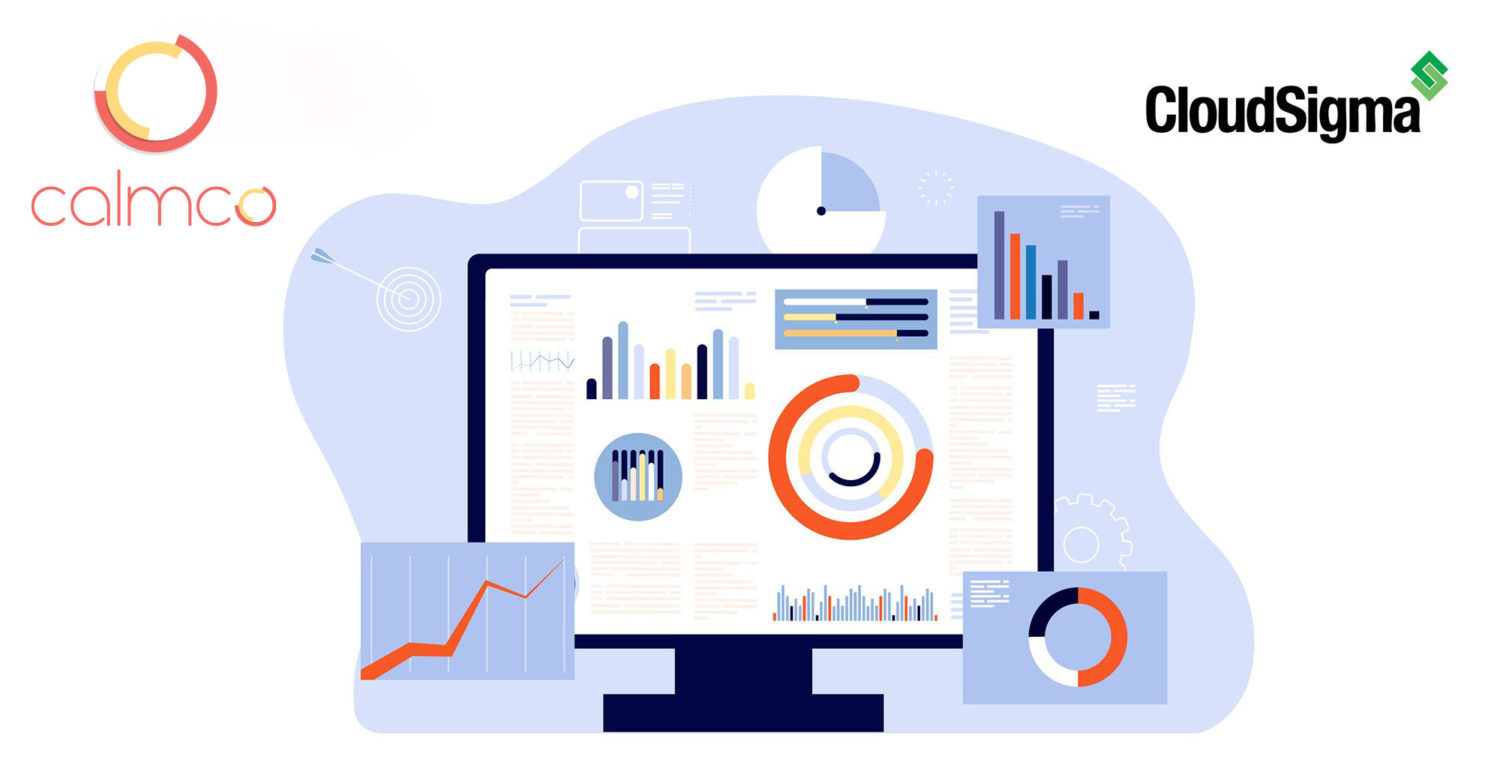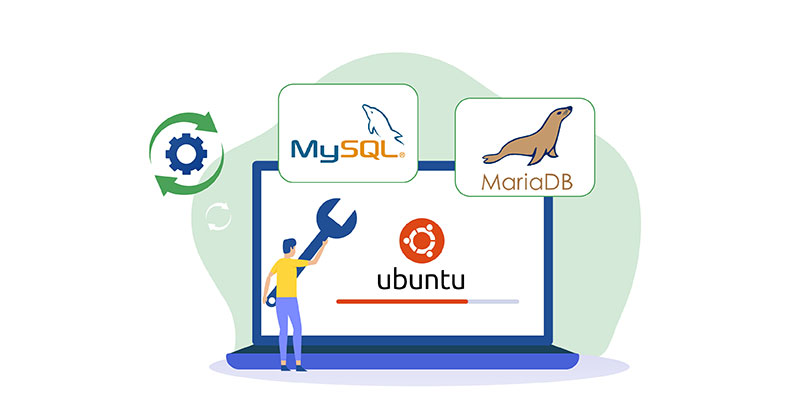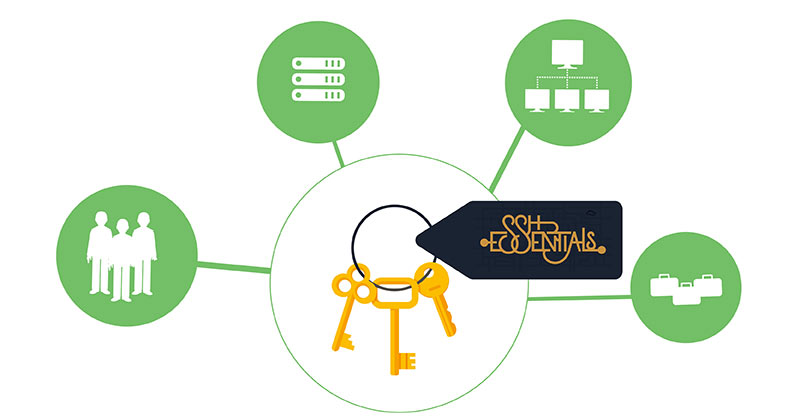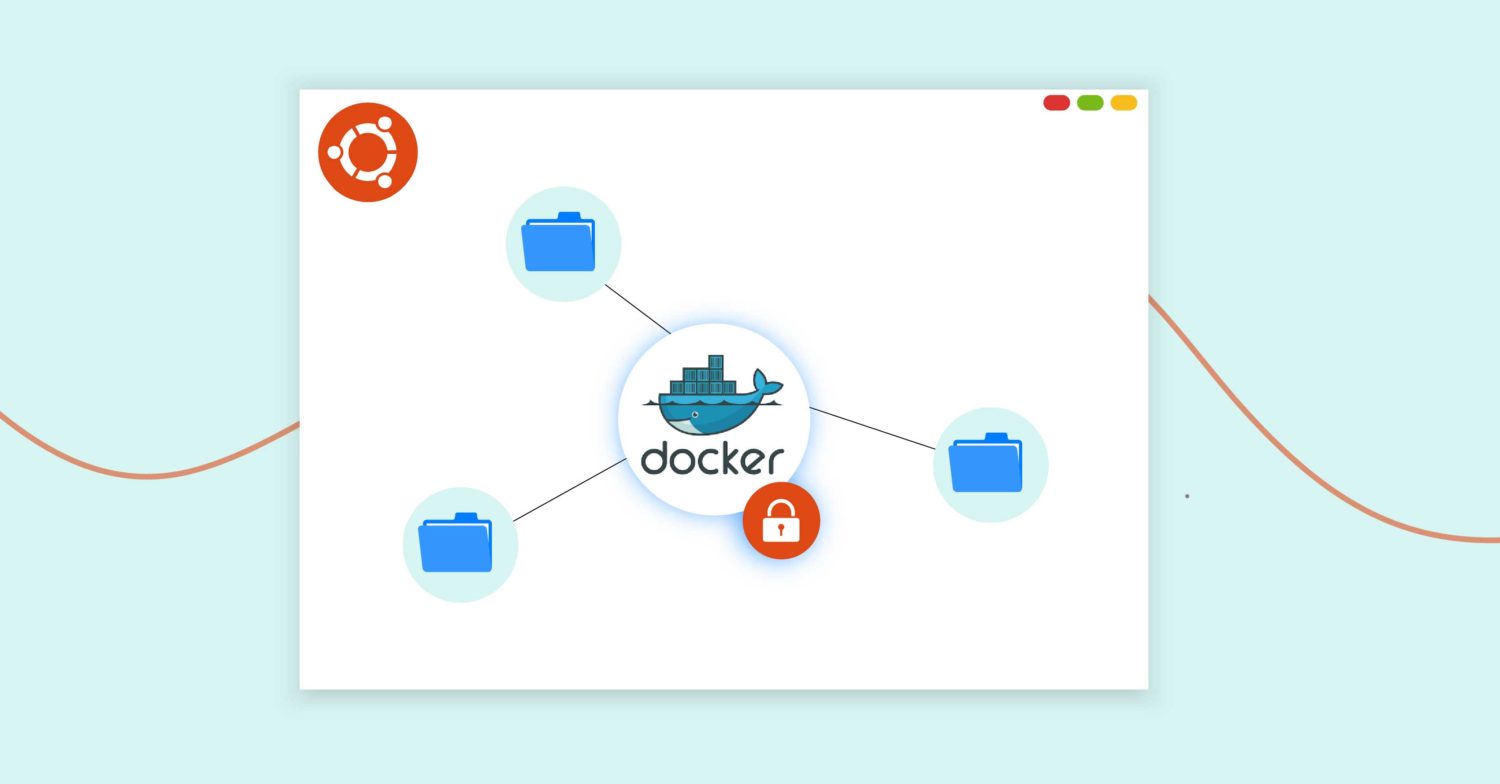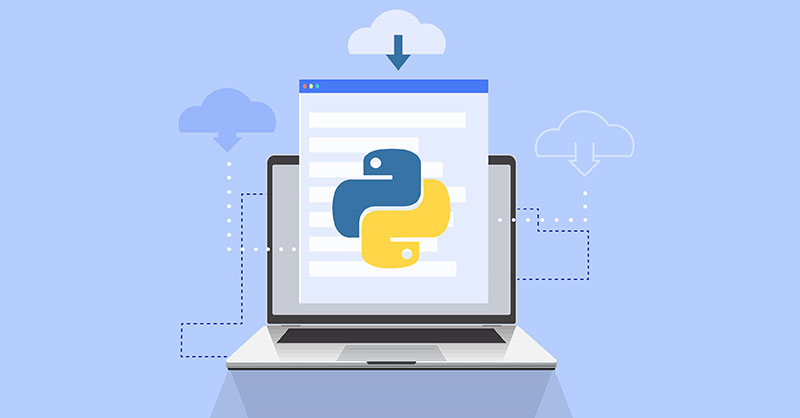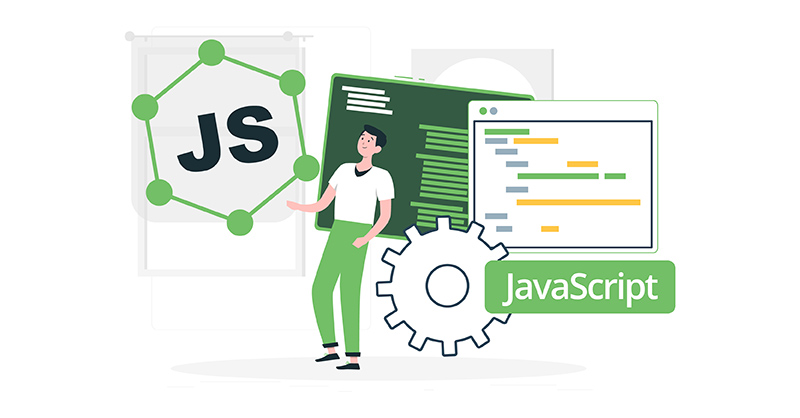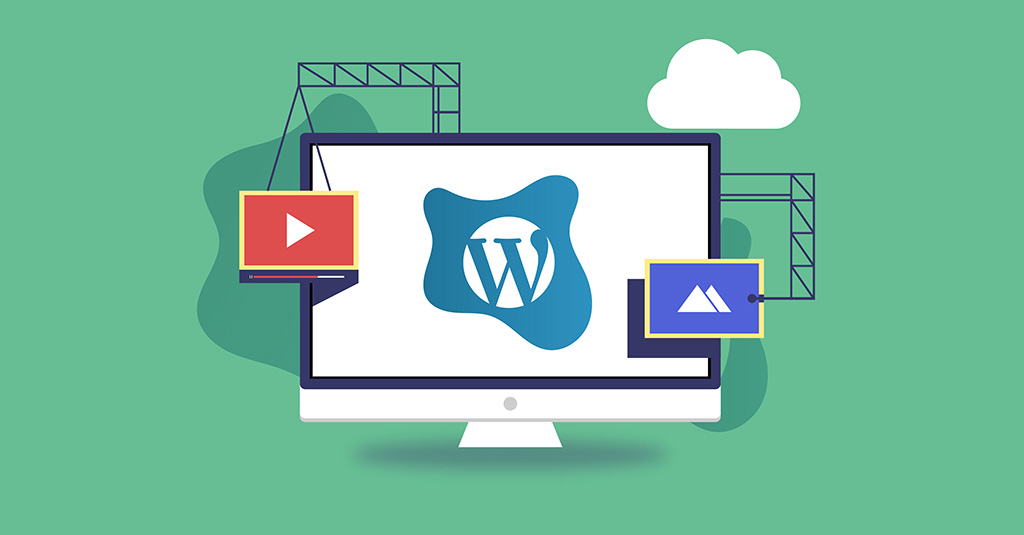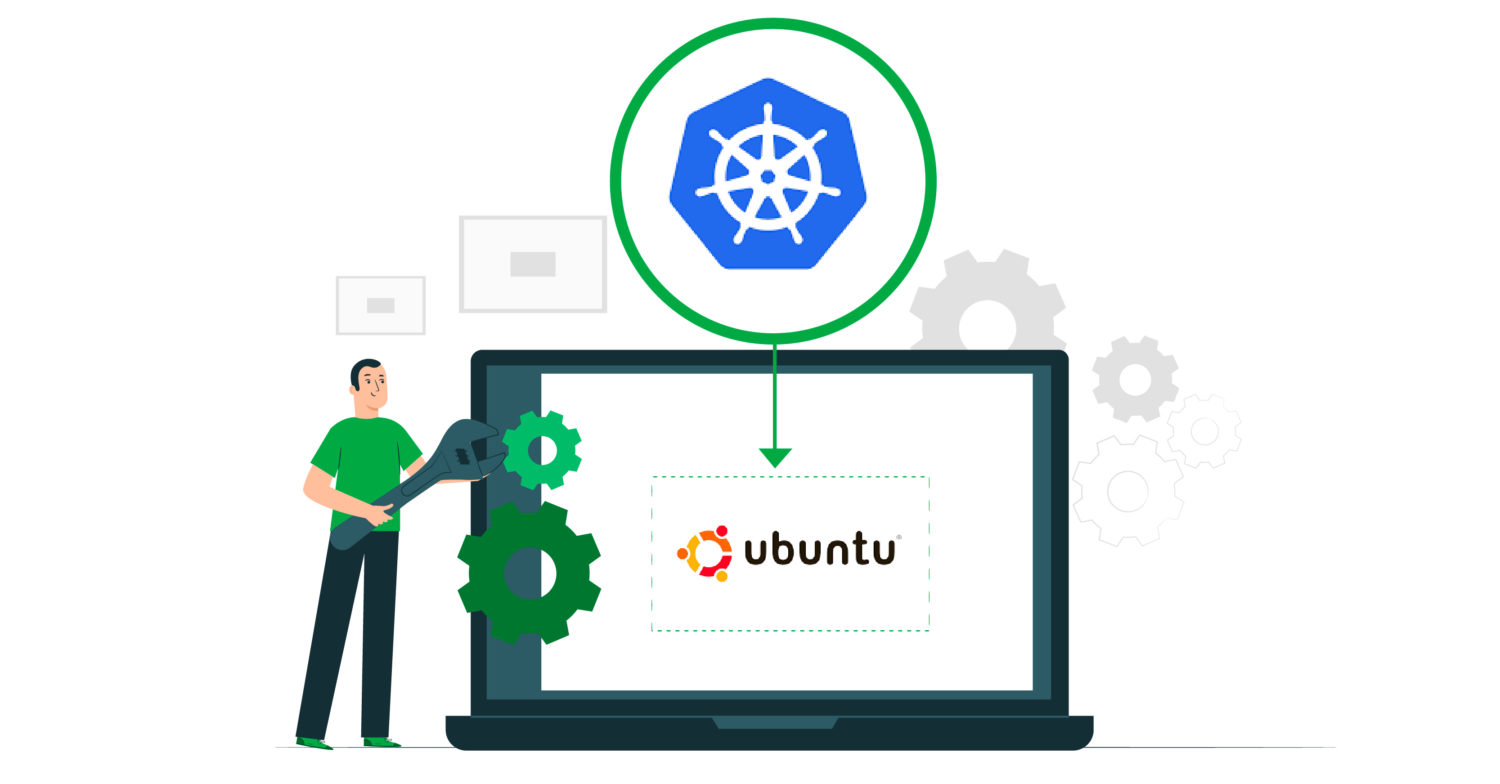For system administrators, Webmin is a boon. It’s a web-based control panel that allows managing a Linux machine remotely, using a modern web-based interface. Webmin can change various system configurations on the fly, including web servers and databases. It can also manage users, groups, and software packages. In this guide, we will walk you through the steps of installing and …
Introduction to Helm: Package Manager for Kubernetes
Kubernetes is a popular and powerful container-orchestration system. Deploying applications to it, however, can be quite complex. That’s because a single application setup could entail generating several interdependent Kubernetes resources. Those can include deployments, pods, services, and replica sets. Each of these requires a YAML manifest file to be written. To ease the process of packaging, configuring, and deploying applications …
Sharing Data between Docker Containers
Introduction Docker is a container platform that is a lightweight, virtualized, portable, software-defined standardized environment that allows the software to run in isolation of other software running on the physical host machine. Docker is a defining component of the Continuous Development and Integration aspect of Software Development. By providing a consistent run-time environment, Docker ensures that software behaves the same …
Excellent Technical Support and Intuitive User Interface Make CloudSigma the Perfect Cloud for Research Groups
The OCRE Project The Open Clouds for Research Environments project (OCRE) aims to accelerate cloud adoption in the European research community. It does so by bringing together cloud providers, Earth Observation (EO) organizations, and the research and education community. Cloud-based services can offer the European research community a wealth of powerful tools. Unfortunately, for many researchers, these are currently out …
CloudSigma’s High-Performance and Cost-Effective Cloud Solution Enables a BIaaS Provider to Better Serve its Customers
Customer Profile CalmCo BI Solutions is a Business Intelligence-as-a-Service (BIaaS) provider with a focus on the automotive industry. CalmCo’s main customers are car dealers, wholesalers, and importers. CalmCo extracts relevant data from a customer’s ERP system during the night and transforms the data into meaningful information to allow its customers to analyze their business on a day-to-day basis. CalmCo focuses …
How to Reset MariaDB or MySQL Root Password
MySQL is one of the most popular database systems out there. It’s an open-source relational database management system that follows a client-server model. MySQL is at the core of many of the online services we enjoy on a regular basis. MariaDB is a community-developed fork of MySQL that enjoys commercial support. In the MySQL ecosystem, root is the default user …
SSH Overview – SSH Servers, Clients, and Keys
When it comes to remote computing, SSH is one of the most popular and secure protocols. SSH is a cryptographic network protocol that establishes a secure connection with remote devices. Upon connecting to a remote device, a user can run commands on the remote shell. SSH is most common among network and system administrators. This cheat sheet-style guide demonstrates an …
Setting Up a Private Docker Registry on Ubuntu 18.04
Introduction Docker Registry is a centralized application that handles the delivery and storage of various Docker container images. This collection of container images saves a lot of time for developers. Docker images provide the exact same environment as to how it was built using virtualization. Thus, building Docker images takes a good amount of time from developers. A good example …
Importing Modules in Python 3: A Comprehensive Guide
Introduction Most of us are familiar with Python as a programming language. One of the great things about Python 3 is the myriad of built-in functions it offers. You get access to these functions when you are using Python 3 to write different types of code. Before we start, take a look at our tutorial on installing Python 3 and …
A Tutorial on Working with JSON in JavaScript
Introduction There are many ways that JSON can be used in JavaScript. One of its most basic uses is storing data. You can also use it to transfer data between clients, between servers, or from server to client. Other useful applications include the ability to configure and verify data as well as generate data structures. In this tutorial, we will …
Why Should You Turn to WordPress Cloud Hosting for Your Website?
Gone are the days when cloud computing used to be nothing more than just a buzzword. In fact, it has become a necessity if a company wants to keep up with its competitors and focus on developing its business. If you are currently paying a third-party provider for web hosting services, it is high time for you to seriously consider …
How to Install and Use Kubernetes on Ubuntu 20.04
Introduction Kubernetes is an open-source tool that is crucial in container orchestration. Kubernetes works by orchestrating and managing clusters at scale across various cloud environments or even on-premise servers. A cluster is a set of hosts meant for running containerized applications and services. A cluster needs a minimum of two nodes to work – one master node and a worker node. Keeping …




